Current Series// TAMAR ETTUN
Lilith the Empathetic Demon
Pastel Drawings on Paper, 2020, Brooklyn, NY,
When she’s not fleeing the patriarchy, you can find Lilith trapped in bowls and inside your cell phone inbox! She sends text messages every few days with drawings, stories and somatic exercises. Text 833-575-1049 to be added to her contact list.
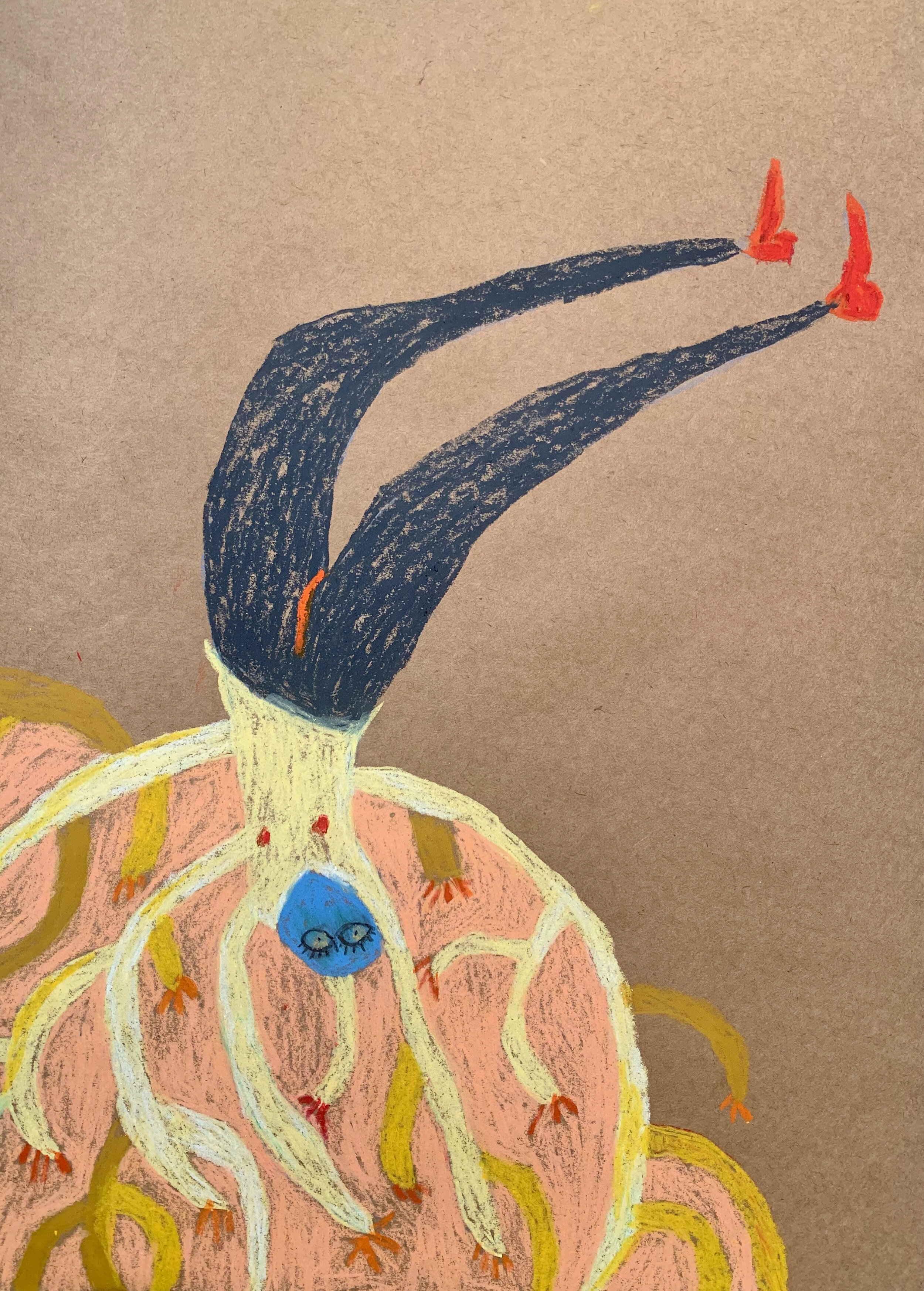
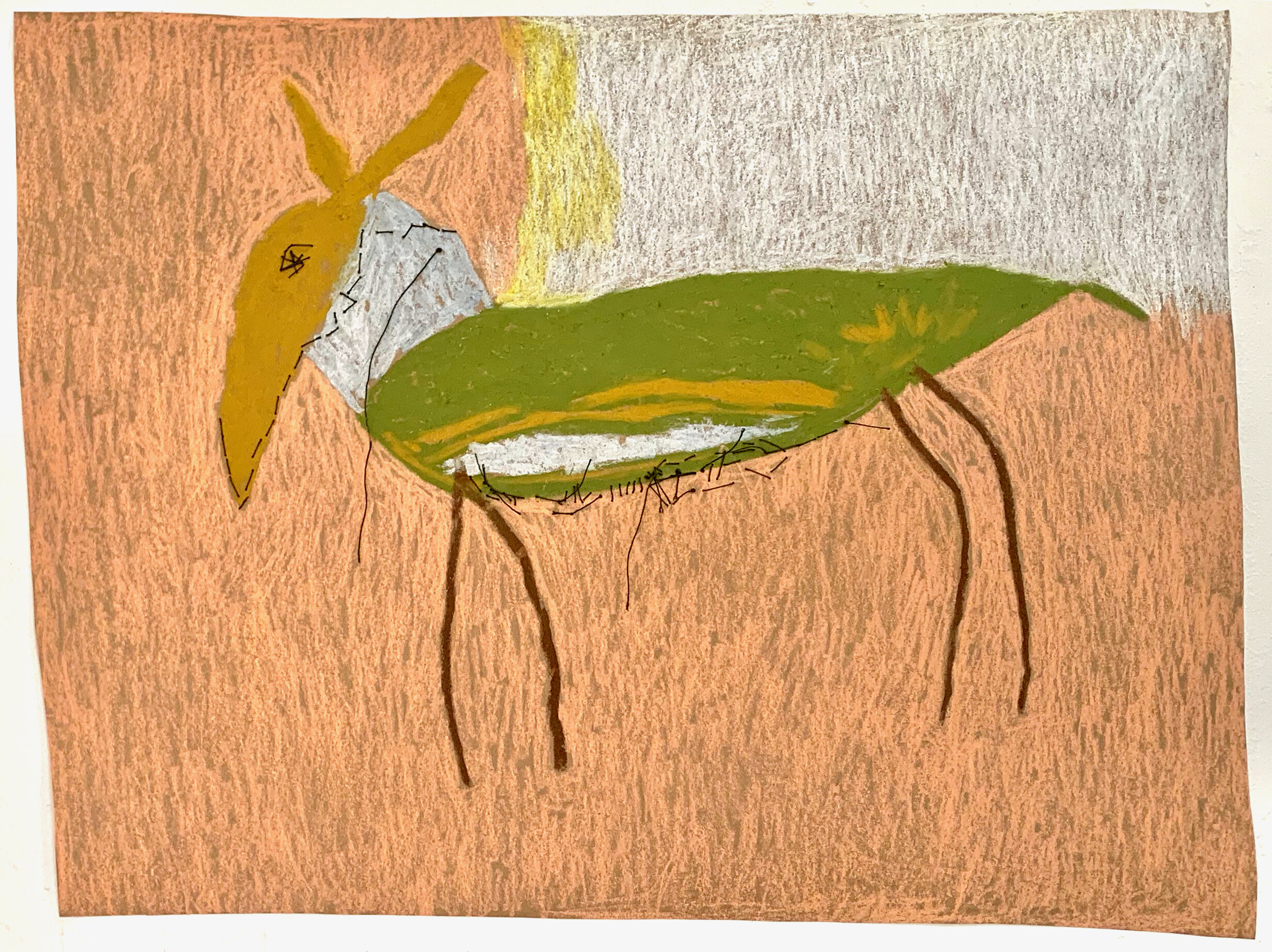

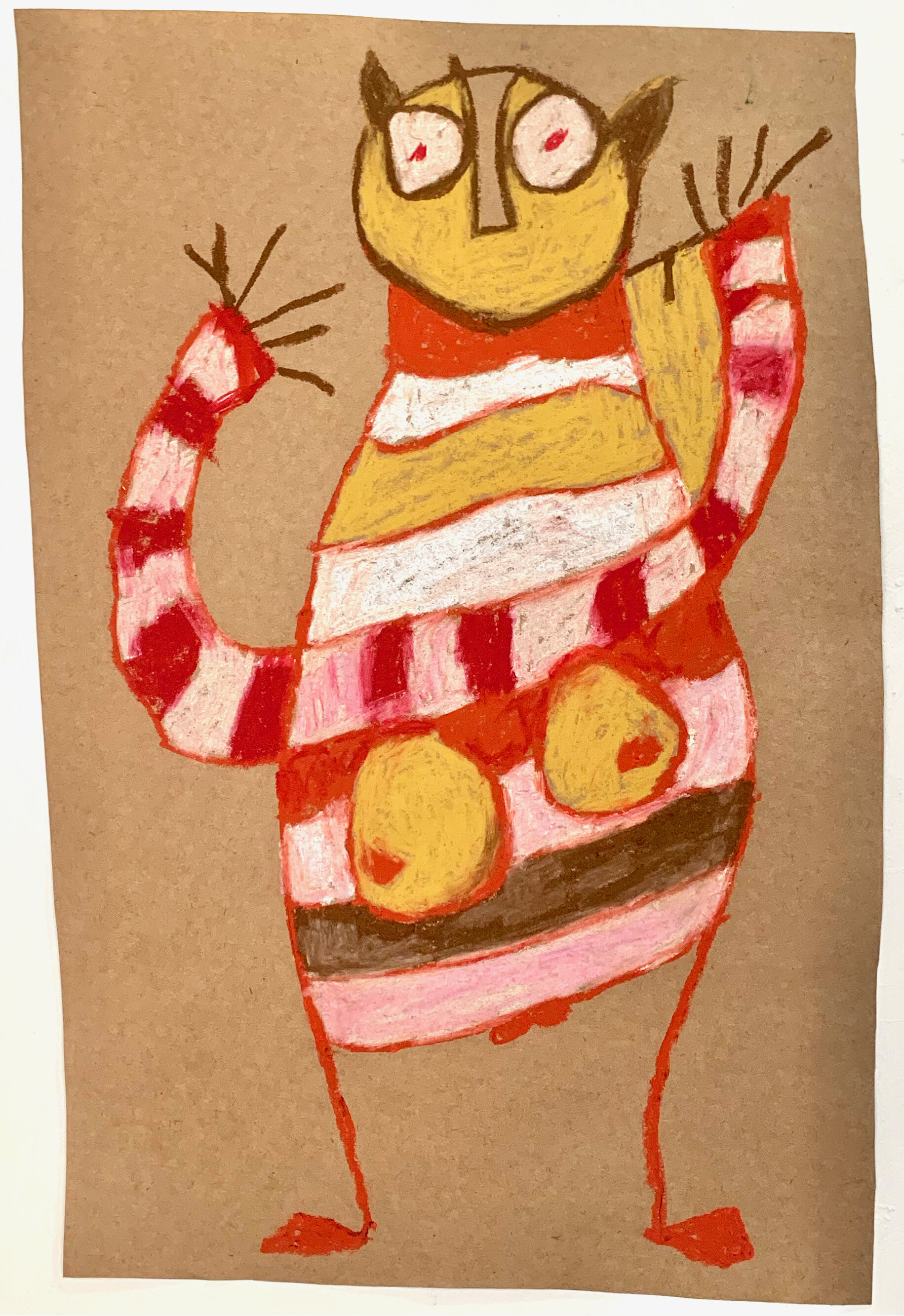
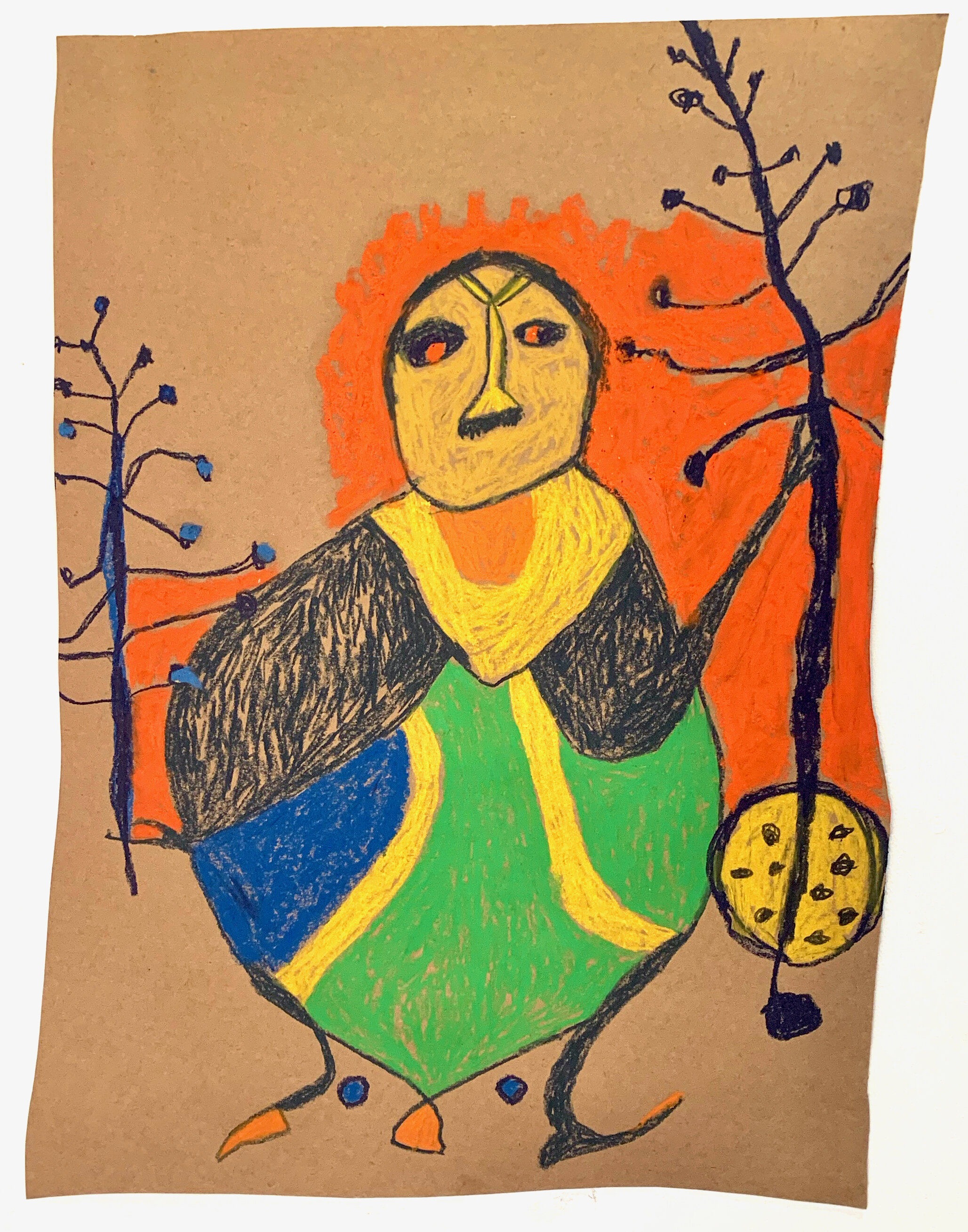
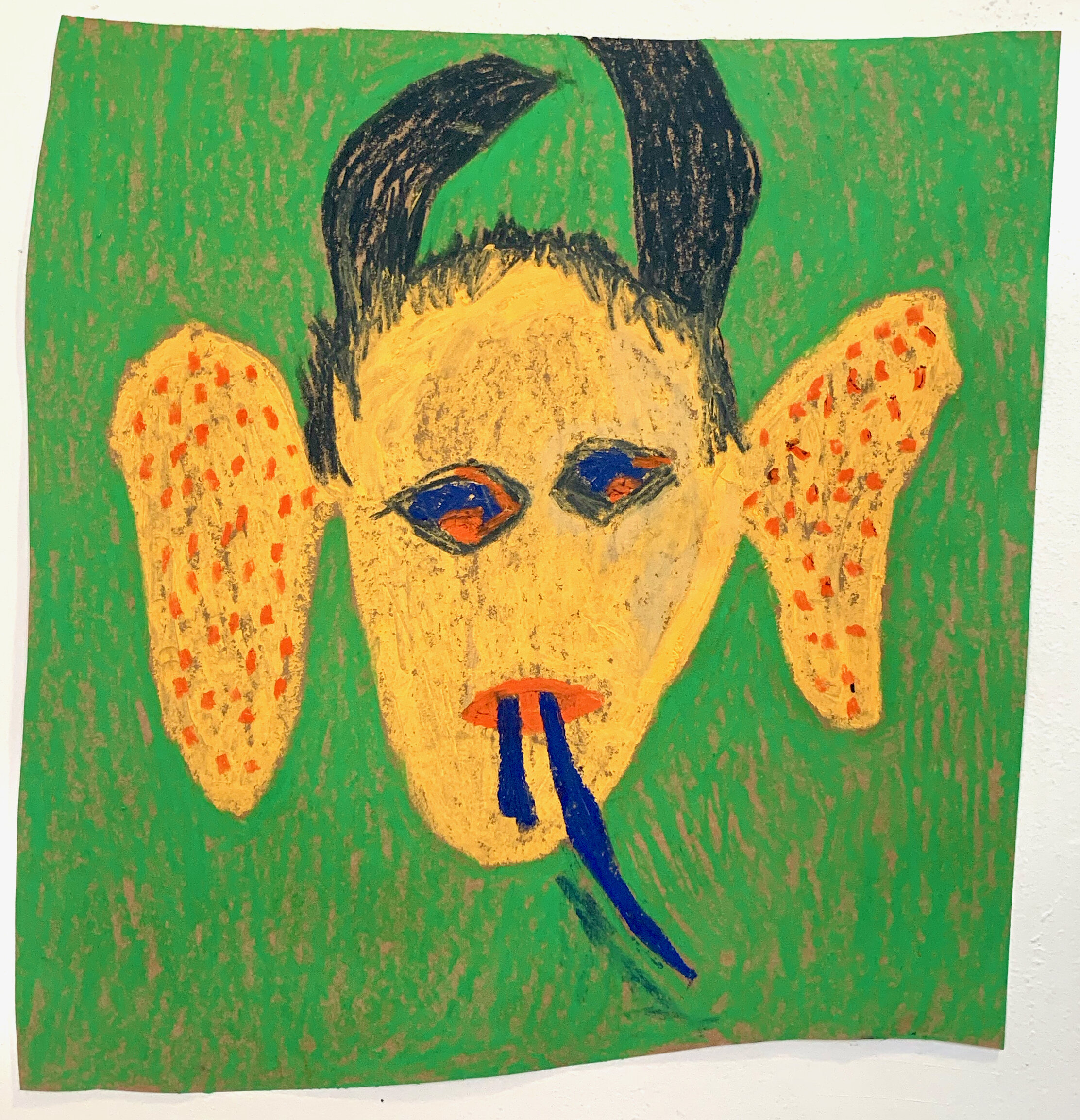
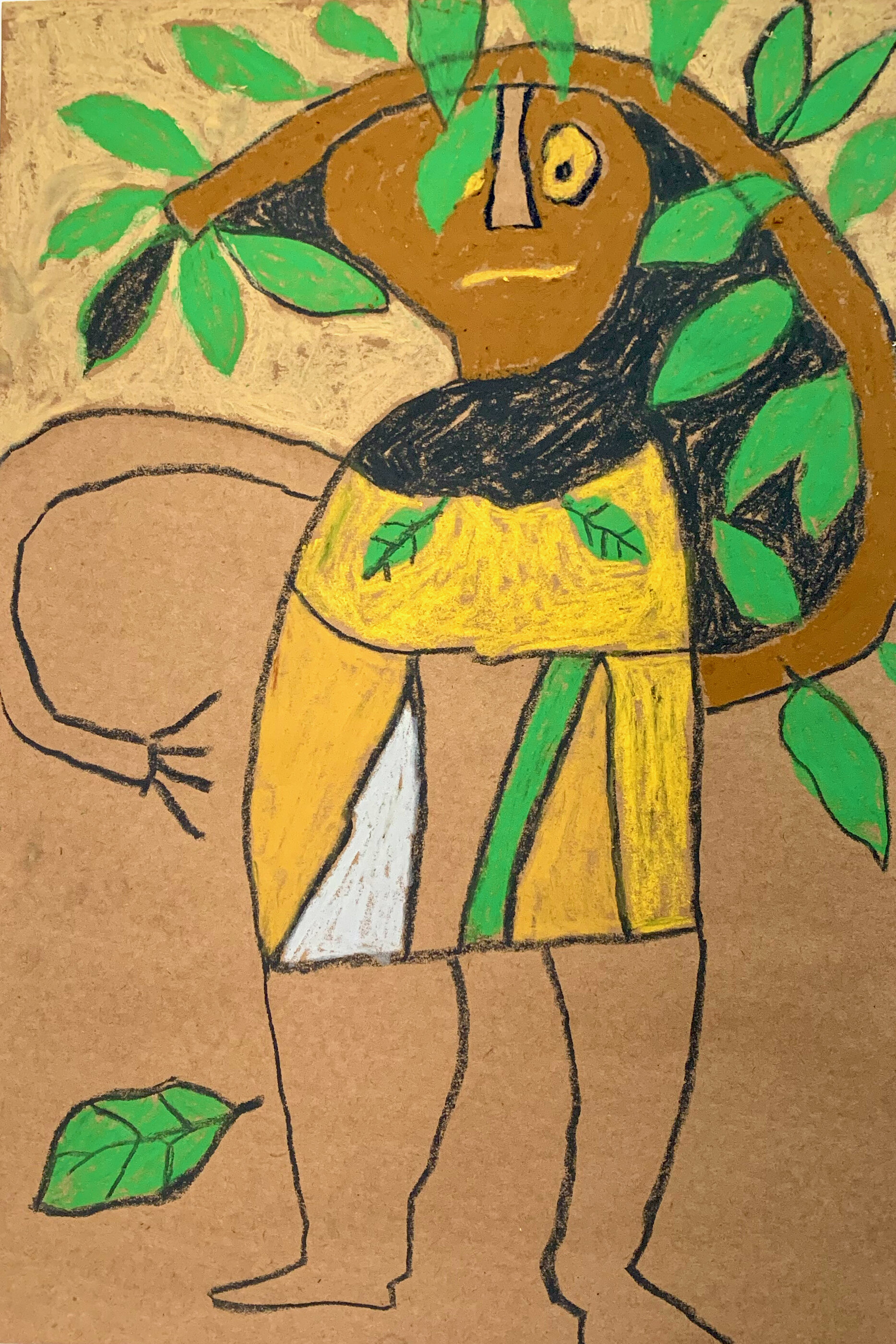
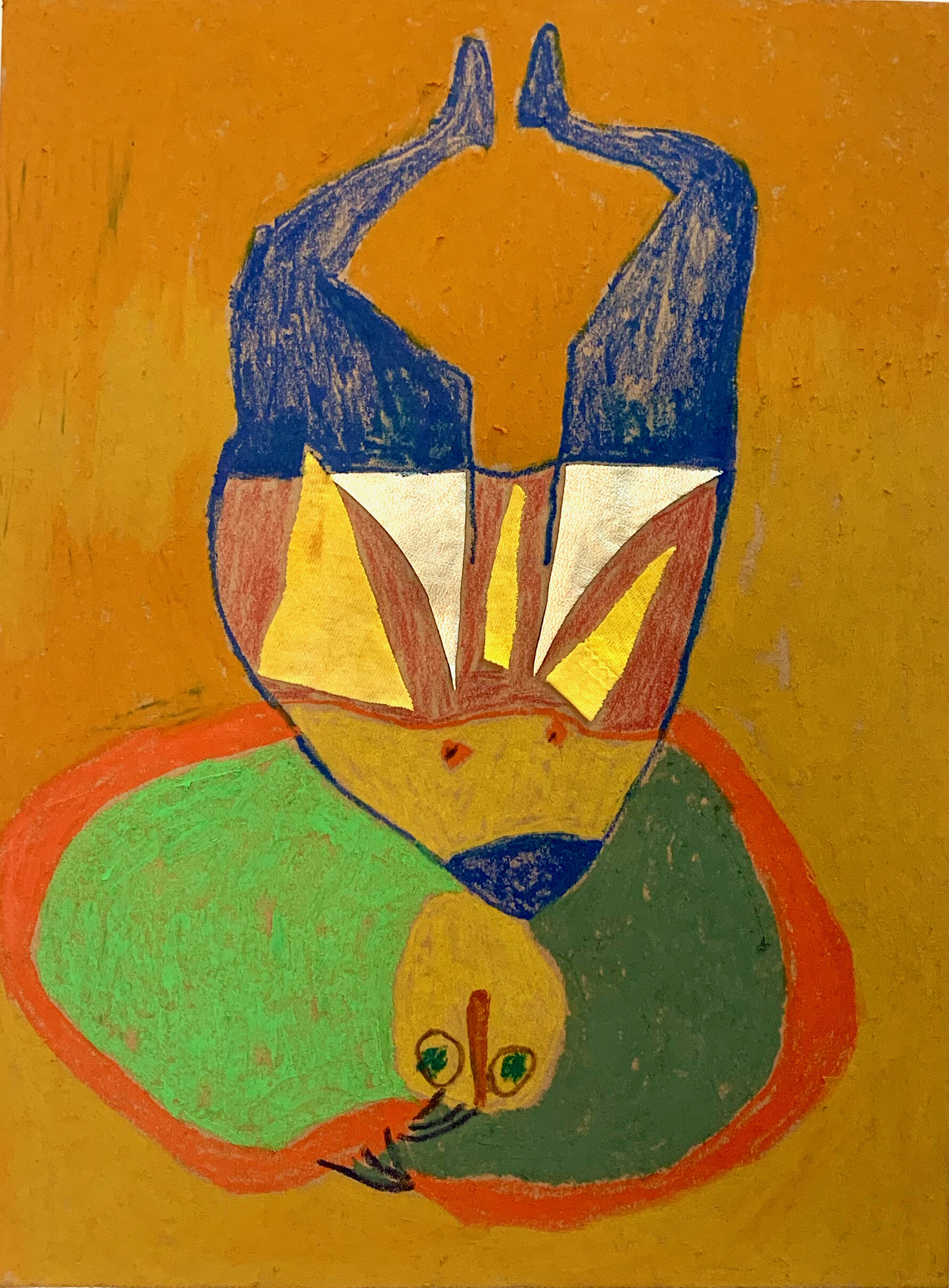
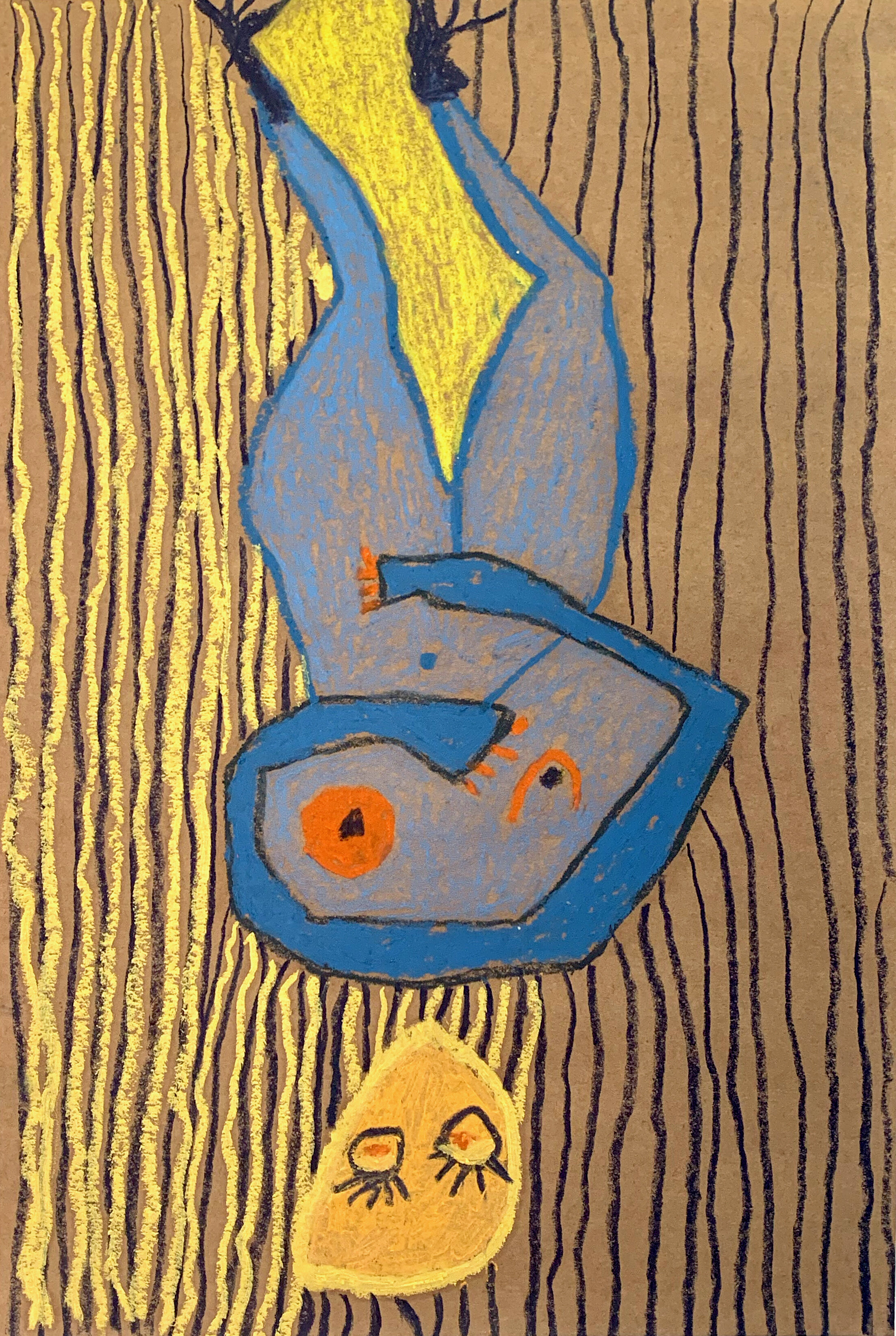
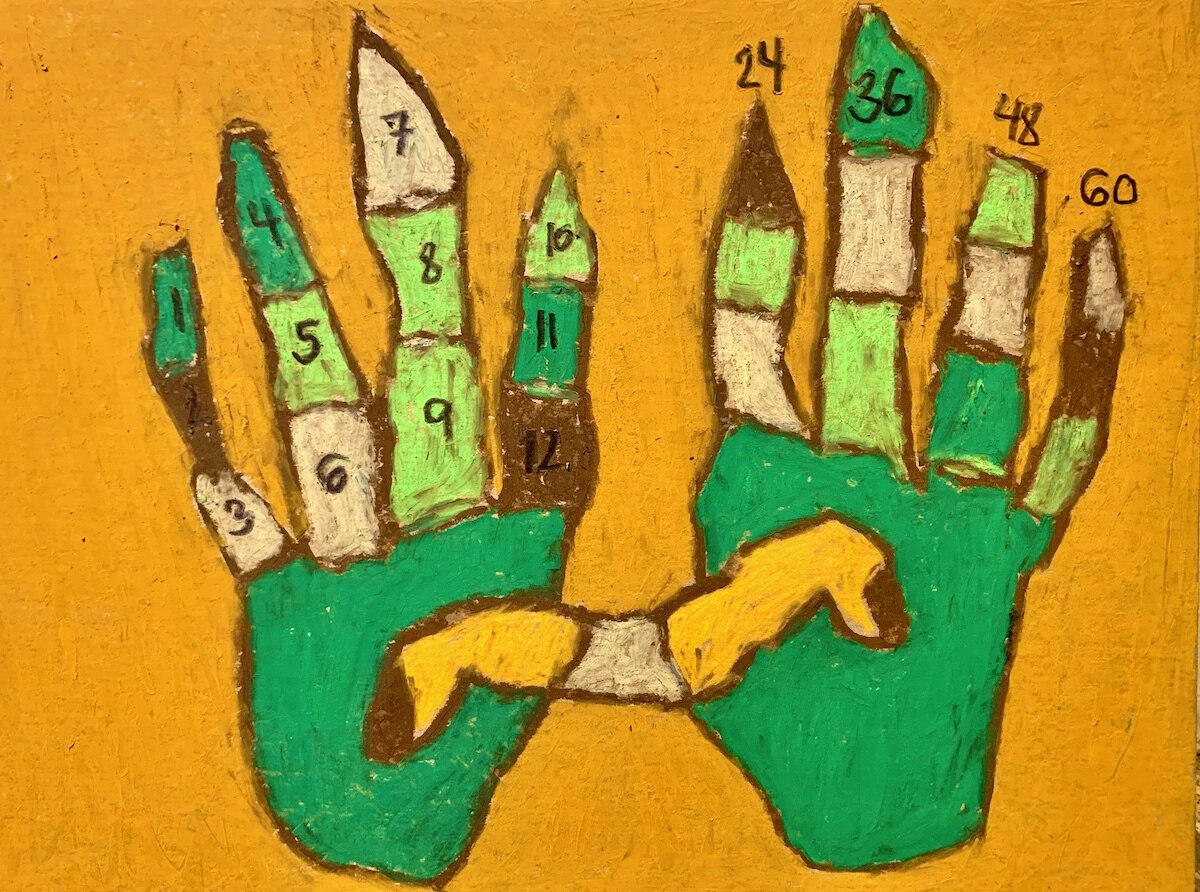
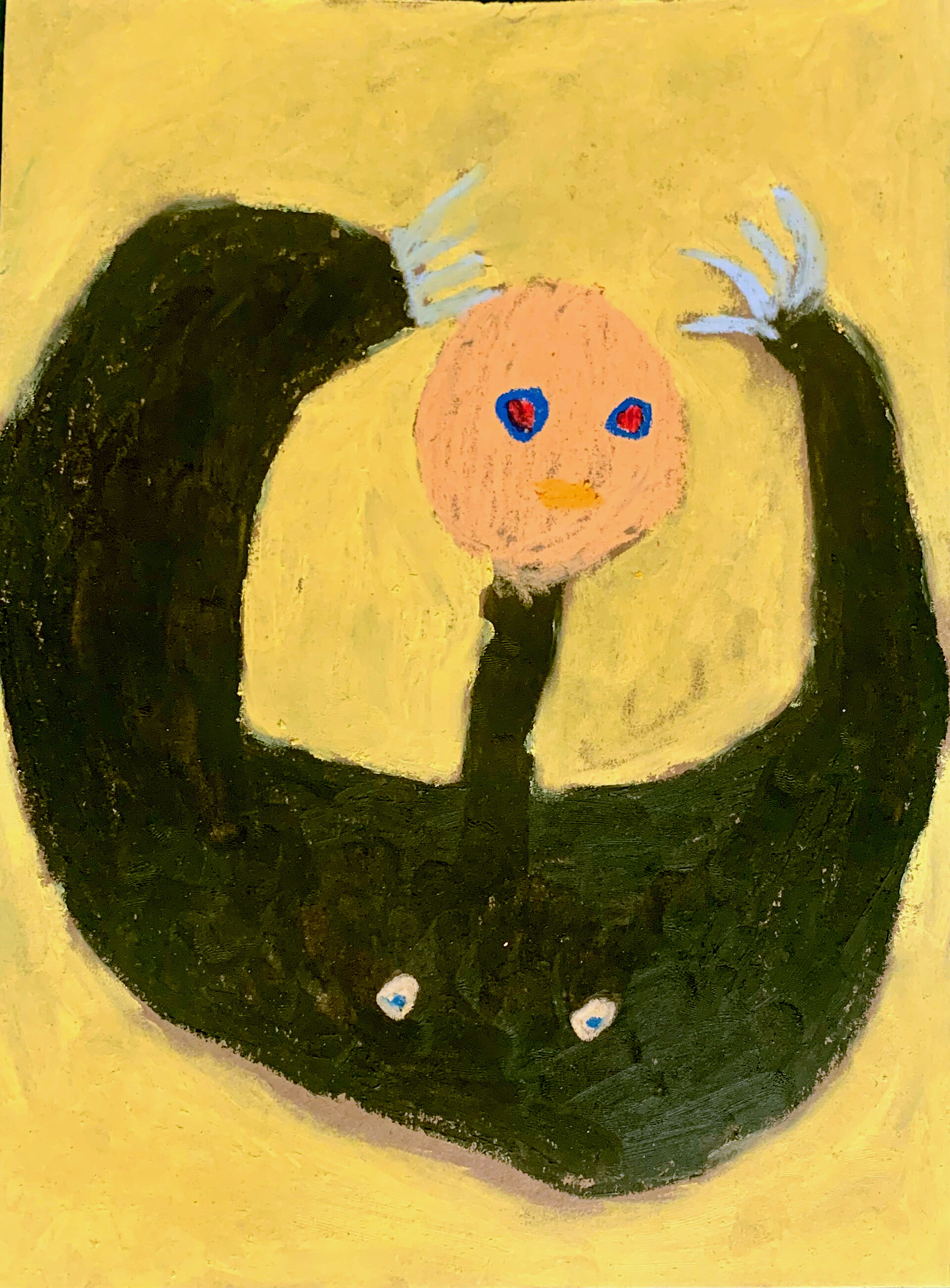
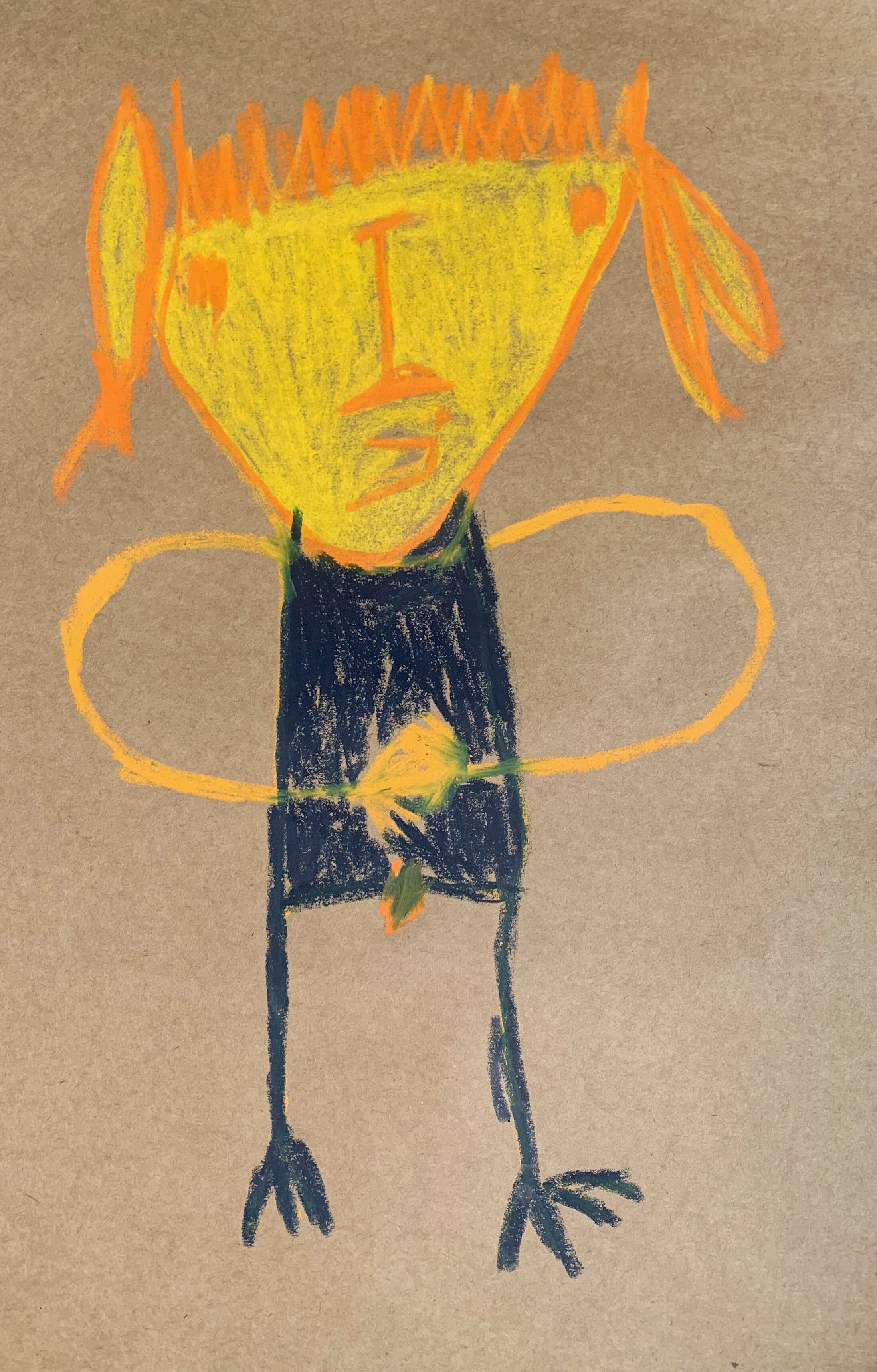
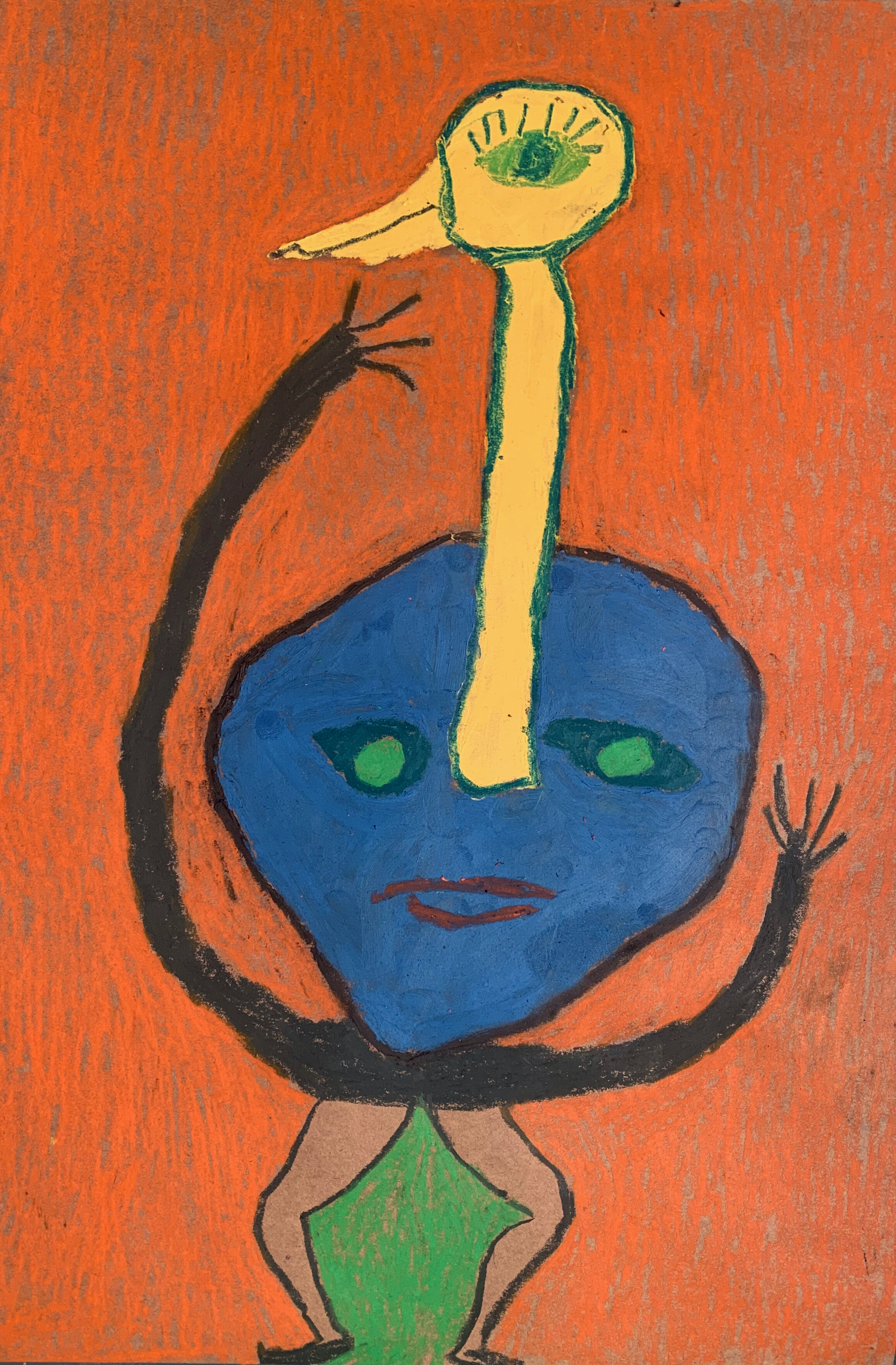
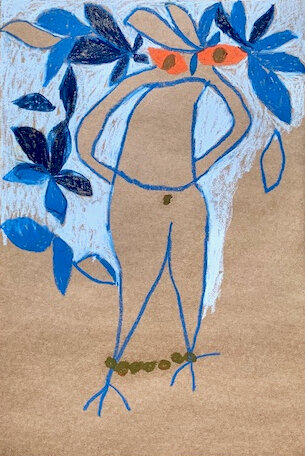
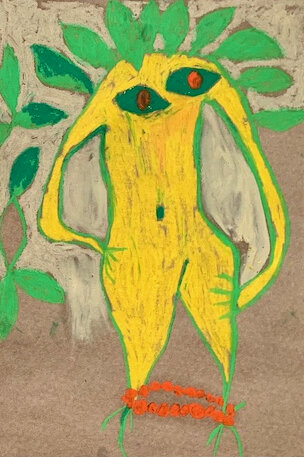
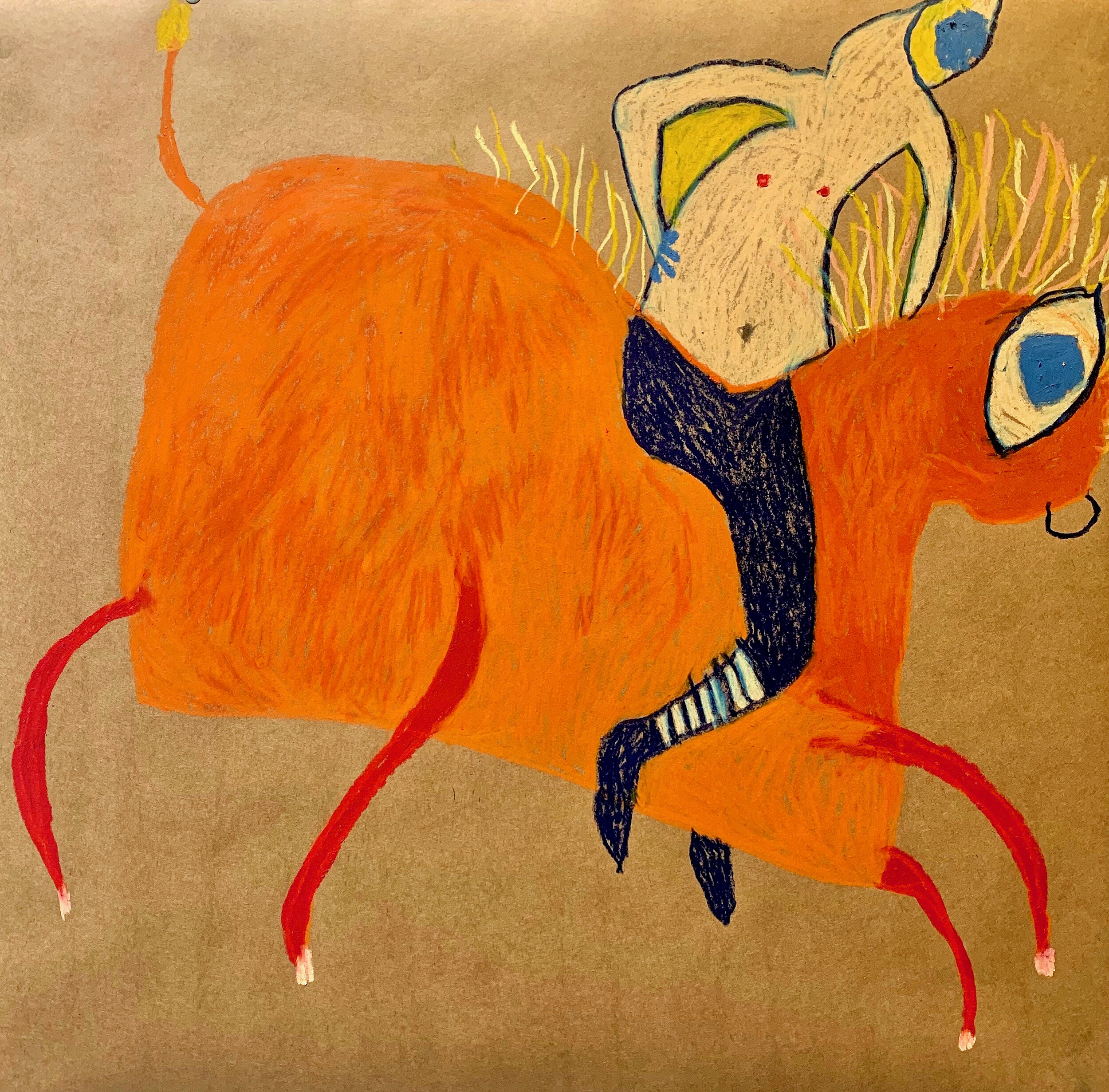
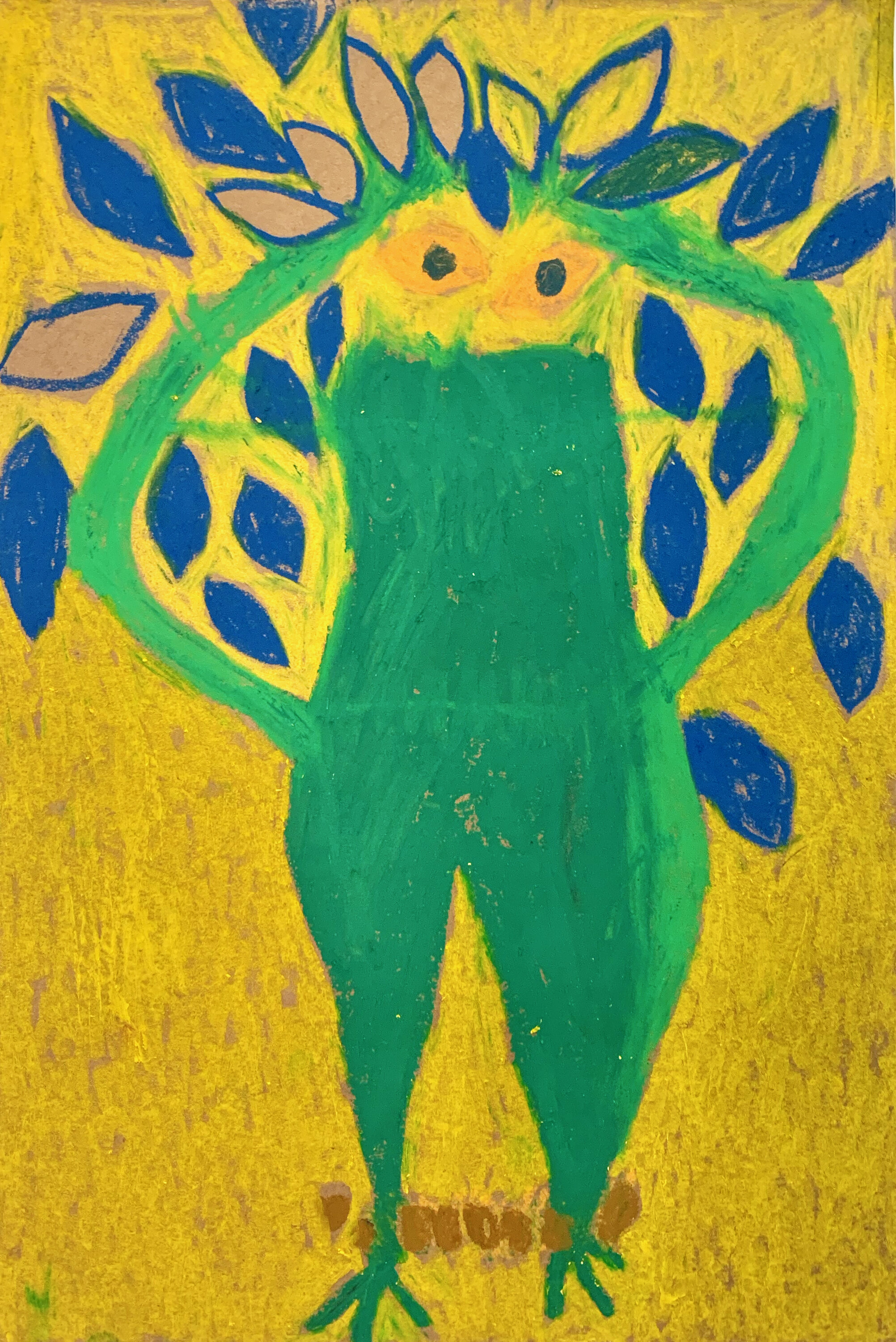
ABOUT THE SERIES
“I started making Lilith drawings after having an empathy crisis. I was making work about somatic empathy for many years, and was slowly starting to realize that empathy (like everything) has a shadow side and can’t always be trusted. I thought about how empathy could be manipulative in the way that it doesn’t necessarily bring us to action, but can exist as a “feel good” inside the self. Yesterday I got an email from my bank with the subject line, “We care about you,” and I thought that was a great example of empathy’s dark side and how it can be used to serve capitalism.
After recent health issues I was looking for visual references about healing and the shadow, and Lilith resurfaced! I haven’t made drawings since highschool, but I wasn’t feeling physically well and (drawing) was the only thing I could do. It opened up a rich and deep world of making for me. My Lilith is an empathetic demon, she is the shadow side of the self, and she’s quite benevolent despite occasionally blowing fire out of her nostrils.
According to Judiasm’s Midrash text, Lilith was the first biblical woman. The story goes that Adam was given a task to name all the animals. He’d point at the animals one-by-one, “That should be called a ‘dog’… this one’s a ‘cat’... this one looks like, I don’t know, let’s say ‘giraffe,’” and so on. When he finished naming, he realized that all the animals had a partner except for him and he asked God for a partner. God made Lilith from terracotta, the same material She used to create Adam. They started having sex. Lilith wanted to be on top and Adam refused. Lilith said they were both made from the same clay, that she didn’t want to be with him if she couldn’t be treated equally. She then ran away, turned into a demon, and was condemned for generations by the patriarchy.
Around 2-6 CE, the Jewish community in the Middle East started making incantation bowls to trap demons. When people were sick or in pain, they would go to an artist-magician, and tell them what their pain looked like. The artist-magician would then draw a unique demon of that person on a bowl, write a spell around it, and together they would turn the bowl upside down to “trap” the demon and remove her powers. Often the demon was Lilith.
The demon drawings began as an interactive process between the artist-magician and the sick. In a similar way, Adam recognized his loneliness after engaging with language and naming the animals. Speaking the hurt can take away some of its demonic charge. For years I was looking at trauma research that showed how relationships and empathy are important in the healing of trauma. The incantation bowls are a wonderful example of an ancient trauma medicine. Through conversation, these bowls give an outlet to unpack trauma and give it a visualized representation.
We’re all thinking a lot more about health and healing (right now). Compassion fatigue in the general public is defined as the experience of empathetic individuals who are acutely conscious of societal needs but feel helpless to solve them. I believe many of us can now relate to that exhaustion of empathy. With social media and the constant consumption of news, we are exposed to a lot of terrible stories resulting from COVID-19. I originally thought Lilith would have an Instagram account, but that’s not her style. Lilith likes one-on-one relationships, and text messages allow her to have a voice and intimate conversations. I am very much enjoying this aspect of the project. So far, this series is evolving organically, and I plan to continue letting Lilith lead.
Tamar Ettun is a sculptor and a performance artist based in Brooklyn, New York. She has had exhibitions and performances at Pioneer Works, PERFORMA, Sculpture Center, Madison Square Park, Art Omi Sculpture Garden, The Barrick Museum UNLV, The Watermill Center, e-flux, Herzelia Biennial, Knockdown Center, Bryant Park, Socrates Sculpture Park, Indianapolis Museum of Art, The Jewish Museum, Uppsala Art Museum, Fridman Gallery, Braverman Gallery, among others. She received awards and fellowships from The Pollock Krasner Foundation, Chinati Foundation, Moca Tucson Artist Residency, Franklin Furnace, MacDowell Fellowship, Marble House Project, RECESS, The Lower Manhattan Cultural Council, Art Production Fund, and Iaspis. Ettun founded The Moving Company, an artist's collective creating performances in public spaces and a social engagement project with Brooklyn teens hosted by The Brooklyn Museum. Ettun received her MFA from Yale University in 2010 where she was awarded the Alice English Kimball Fellowship. She studied at Cooper Union in 2007, while earning her BFA from Bezalel Academy, Jerusalem. Ettun teaches at Columbia University School of Arts, Brooklyn College, and The New School Parsons School of Design.
Studio Shot, 2020
Studio Shot, 2020



